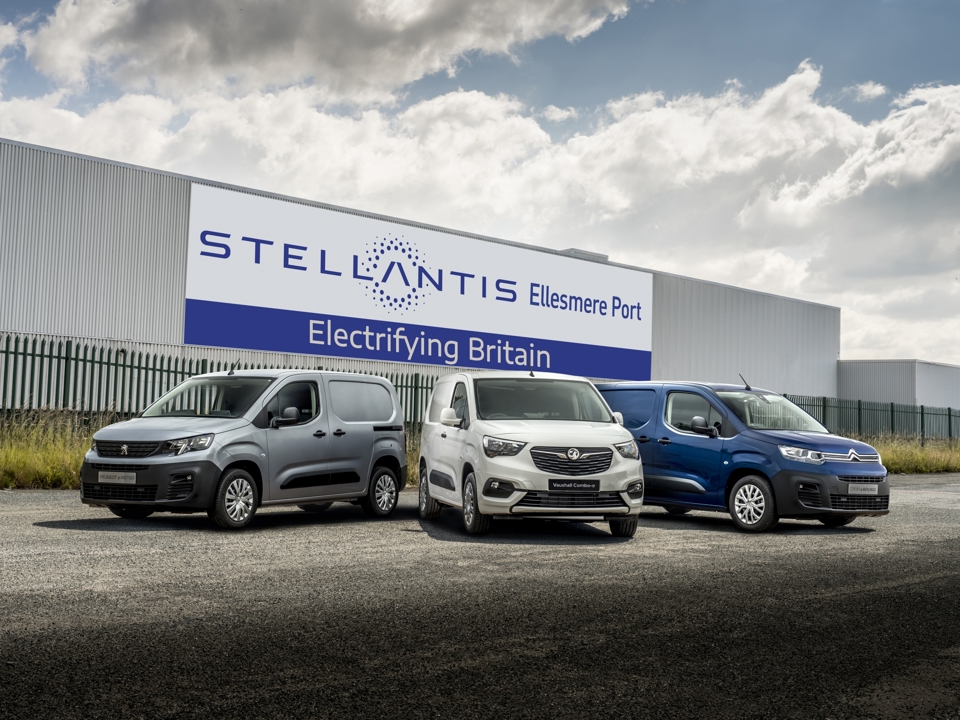Stellantis has warned the UK Government that its commitment to build electric vehicles (EVs) in the UK is at risk, unless Brexit trade rules are re-negotiated.
The car maker, which owns 16 car brands, including Vauxhall, said: "If the cost of electric vehicle manufacturing in the UK becomes uncompetitive and unsustainable, operations will close."
In 2021, Stellantis announced it was investing £100 million in Vauxhall’s Ellesmere Port manufacturing plant to create a new electric vehicle (EV) factory. The plant produces commercial and passenger versions of the Vauxhall and Opel Combo-e, Citroen e-Berlingo and Peugeot e-Partner.
In a submission to a Commons inquiry into EV production, Stellantis outlined that its UK investments were centred on meeting the strict terms of the post-Brexit free trade deal.
Until January 1, 2024, the rules stipulate that at least 40% of the content of EVs and 30% of batteries must originate from the EU or the UK.
From 2024 until January 1, 2027, this increases to 45% of the vehicle and 50-60% of batteries. If this is exceeded, carmakers will have to pay a tariff of 10%.
Stellantis said it was "now unable to meet these rules of origin" as a result of the surge in raw materials costs and energy prices.
As a result, the car maker is calling for the Government to reach a new agreement with the EU to keep the current rules as they are until 2027. It also wants arrangements for manufacturing parts in Serbia and Morocco to be reviewed.






















Login to comment
Comments
No comments have been made yet.